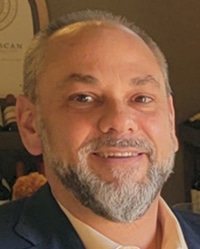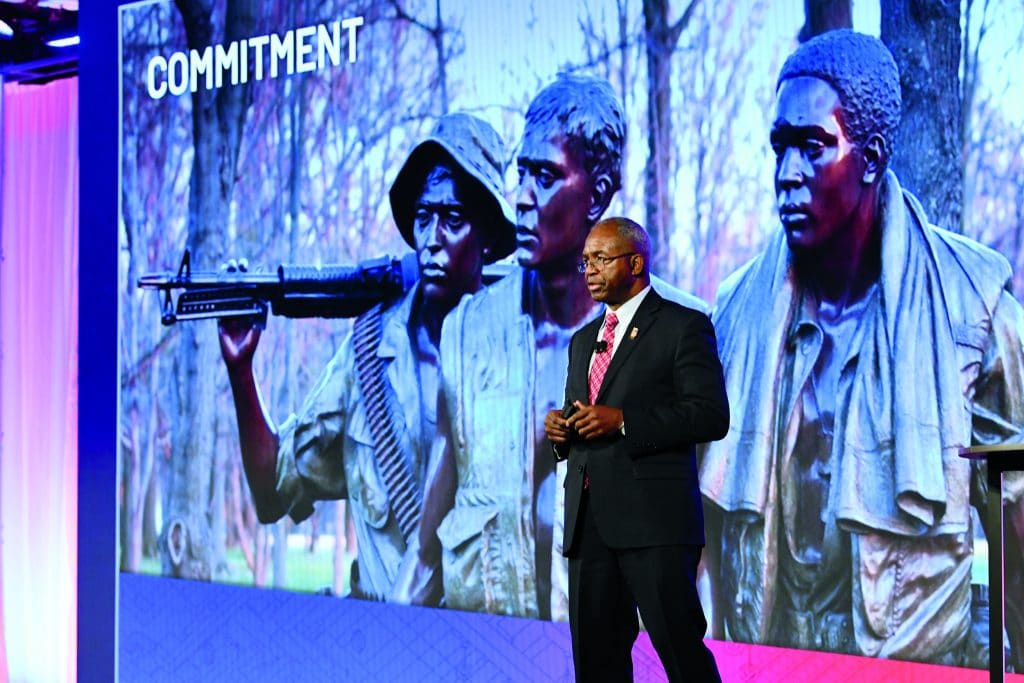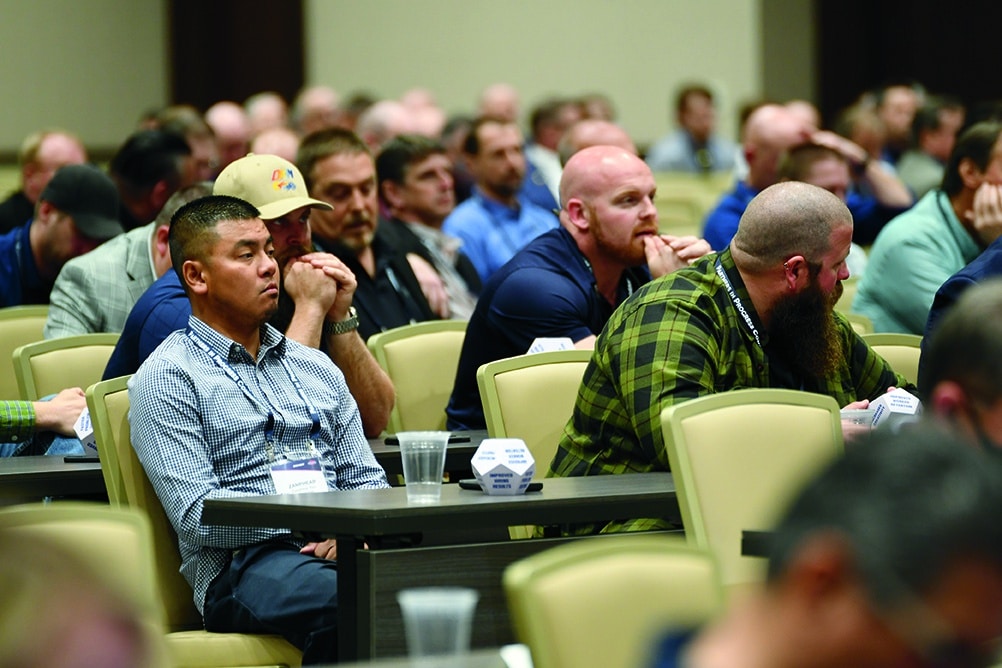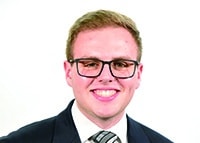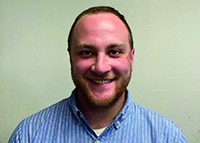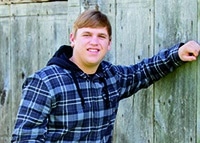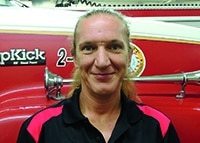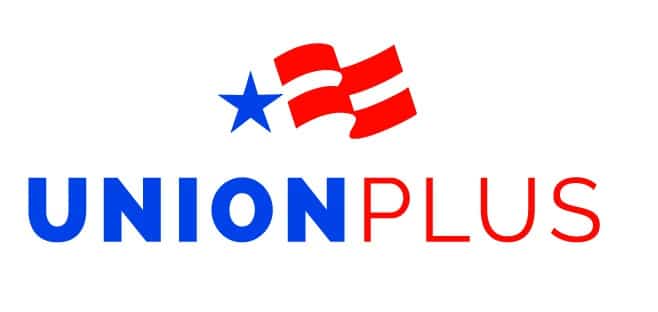WINNERS HONORED FOR ACHIEVEMENT AND UNION VALUES
Washington, D.C. – Union Plus recently awarded $250,000 in scholarships to 199 students representing 37 unions, including eight winners representing SMART. The SMART winners are:
Noah Berning of Monroeville, Indiana
Berning, whose father, Mark Berning, is a member of SMART Local 20, has been awarded a $1,000 scholarship.
Evan Bock of Rantoul, Illinois
Bock, whose father, Christopher Bock, is a member of SMART Local 1358, has been awarded a $1,000 scholarship.
Grace Brodarick of Southold, New York
Brodarick, whose father, Christopher Brodarick, is a member of SMART Local 645, has been awarded a $1,000 scholarship.
Miranda Garcia of Fresno, California
Garcia, whose father, Angelo Garcia, is a member of SMART Local 104, has been awarded a $1,000 scholarship.
Kaysa Kurtz-Merwin of Rocky Ford, Colorado
Kurtz-Merwin, whose father, Anthony Merwin, is a member of SMART Local 0945, has been awarded a $1,000 scholarship.
Nathan Roelse of Cleveland, Wisconsin
Roelse, whose father, William Roelse, is a member of SMART Local 18, has been awarded a $1,000 scholarship.
Logan VanLaanen of Green Bay, Wisconsin
VanLaanen, whose father, Jesse VanLaanen, is a member of SMART Local 18, has been awarded a $1,000 scholarship.
Billi Vavra of Prescott, Iowa
Vavra, who is a member of SMART Local 199, has been awarded a $1,000 scholarship.
Meet some of the 2021 SMART honorees
Noah Berning
Purdue University
Heritage Junior-Senior High School (HHS)
Monroeville, Indiana (2019)
Noah recently completed his first year at Purdue, where he is an agricultural systems management and agricultural economics major. He hopes to enter the agriculture industry and will soon intern for Co-Alliance Cooperative in northwest Indiana. Throughout high school, Noah served as the Indiana FFA national officer candidate and state treasurer, as well as chapter and district president. He also attended the National Young Farmer Educational Association Agriculture’s Promise advocacy program in Washington, D.C.
Noah proudly hails from a union family; his father has been a SMART member for more than 20 years. “This allows him to do what he loves, knowing that he can work in a safe environment with fair pay,” Noah said. “I am extremely thankful to SMART and the labor movement because it provided my family with financial stability so that I could have the chance to follow my dream career and attend my dream university.”
Evan Bock
Rantoul Township High School (RTHS)
Rantoul, Illinois (2021)
Evan will begin college this fall and plans to major in engineering, with the ultimate goal of working for NASA. In 2019, Evan was selected as an Illinois state delegate at the Congress of Future Physicians and Medical Scientists in Boston, and he is an ambassador for Shriners Hospitals for Children. He and two family members battle a genetic bone disease, which makes him thankful for his father’s SMART membership. “My family would not be able to afford the medical treatments we need without SMART,” Evan said. “SMART is a lifeline for many workers and their families.”
“Evan’s commitment and enthusiasm to aerospace engineering, problem solving and learning allow him to stand out and succeed,” said RTHS science teacher Kristin Walerowicz. “His character will lead him to succeed in whatever he does while uplifting those around him.”
Grace Brodarick
Southold High School (SHS)
New York (2021)
Grace will begin college this fall and plans to major in nursing, following in her mother’s footsteps. She is thankful for her father’s SMART membership and the benefits it provides. “SMART’s hard work and negotiations allow members to thoroughly enjoy the fruits of their labor,” Grace said. “I am forever grateful for all that SMART has provided my father and my family.”
Last fall, Grace shadowed Dr. Vishnu Seodat for an internship with New York Health. “Grace showed keen interest in medicine and was eager to learn,” Seodat said. “She asked questions about every diagnosis and was very interested in the process of physical examination. Grace will be an asset to the medical profession.”
Miranda Garcia
Cal State University, Fresno (FSU)
Fowler High School (FHS)
California (2019)
Miranda is a psychology major at FSU and expects to complete her bachelor’s degree in May 2023. Her dream is to be a counselor, specializing in domestic violence and anger management. Miranda works at Charis Educational Center, a Fresno social services organization that offers anger management and parenting classes.
“Miranda consistently shows a determination to improve herself, her school environment and the people around her,” said FHS Learning/Activities Director Mike McColm. “She is quick to look for ways to help people around her and always willing to take on a challenge. Miranda is highly motivated, conscientious and a pleasure to be around.”
The Union Plus Scholarship Program
The Union Plus Scholarship Program awards scholarships based on outstanding academic achievement, personal character, financial need and commitment to the values of organized labor. The program is offered through the Union Plus Education Foundation.
Since starting the program in 1991, Union Plus has awarded more than $5 million in educational funding to more than 3,400 union members, spouses and dependent children. Union Plus Scholarship awards are granted to students attending a two-year college, four-year college, graduate school, or recognized technical or trade school. The selection process is very competitive, and this year 5,008 applications were received from 67 unions and all 50 states, plus the District of Columbia, two U.S. territories and six Canadian provinces.
Visit www.unionplus.org/scholarship for applications and benefit eligibility.
About Union Plus
Union Plus, founded by the AFL-CIO in 1986, uses the collective buying power of America’s 12.5 million union members to deliver top-quality benefits and services at competitive prices to working families. In addition to the scholarship program, Union Plus offers the Free College program, which makes it possible for union members and their families to earn an associate degree completely online at no cost. As a complement to the Free College program, Union Plus offers the Bachelor’s Degree Completion program, providing union members and their families a no-cost option to complete their bachelor’s degree completely online. Union Plus also provides a wide range of money-saving programs, including discounts on wireless services from AT&T, the only nationwide unionized wireless carrier; insurance protection; savings on travel and recreation; and more. For additional information, visit unionplus.org.
Brodarick, whose father, Christopher Brodarick, is a member of SMART Local 645, has been awarded a $1,000 scholarship.
